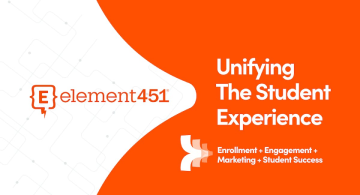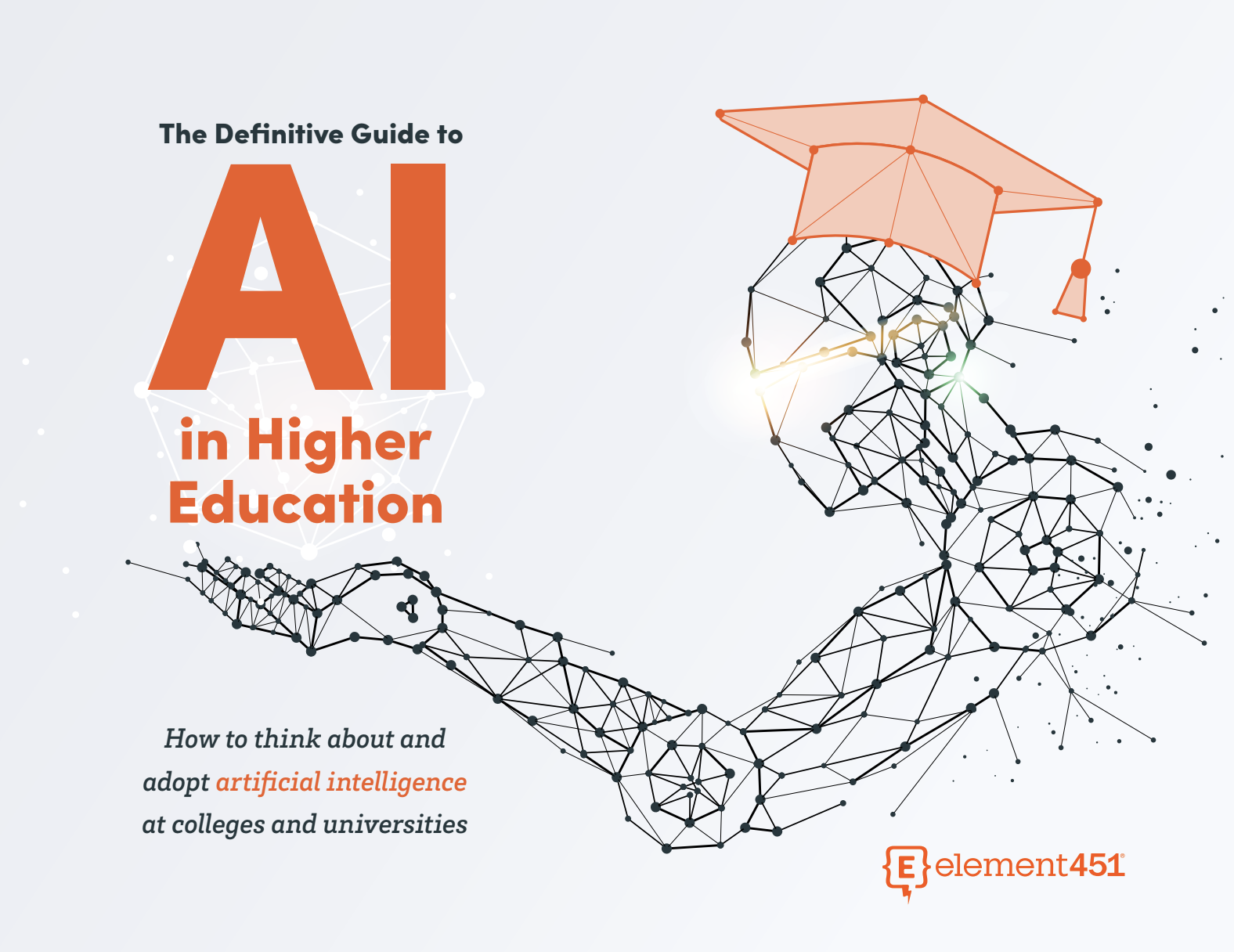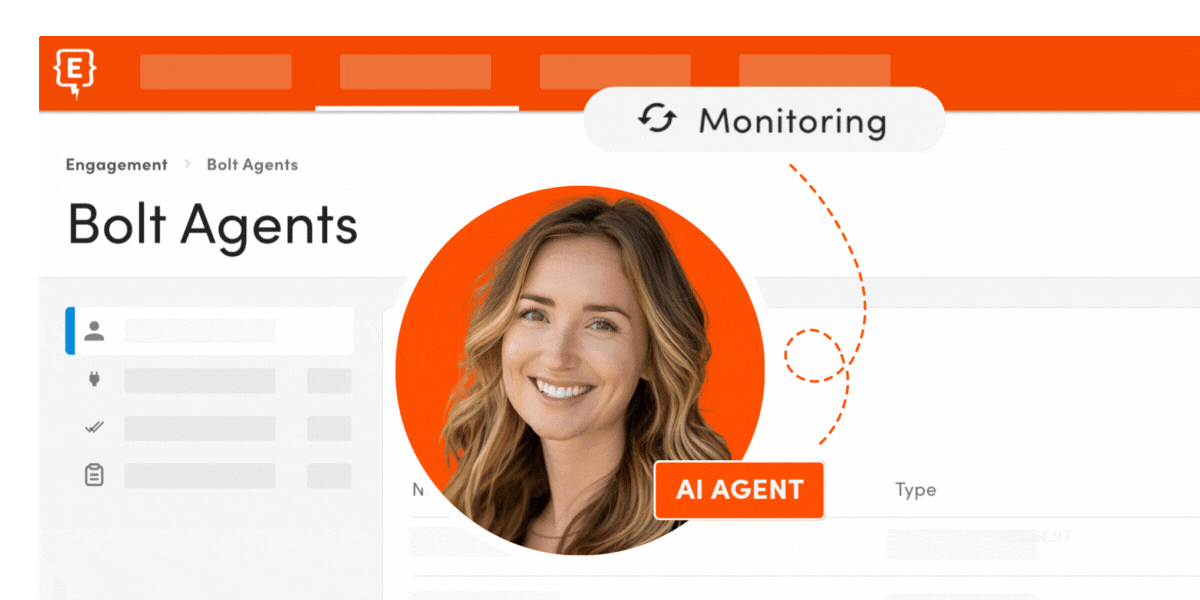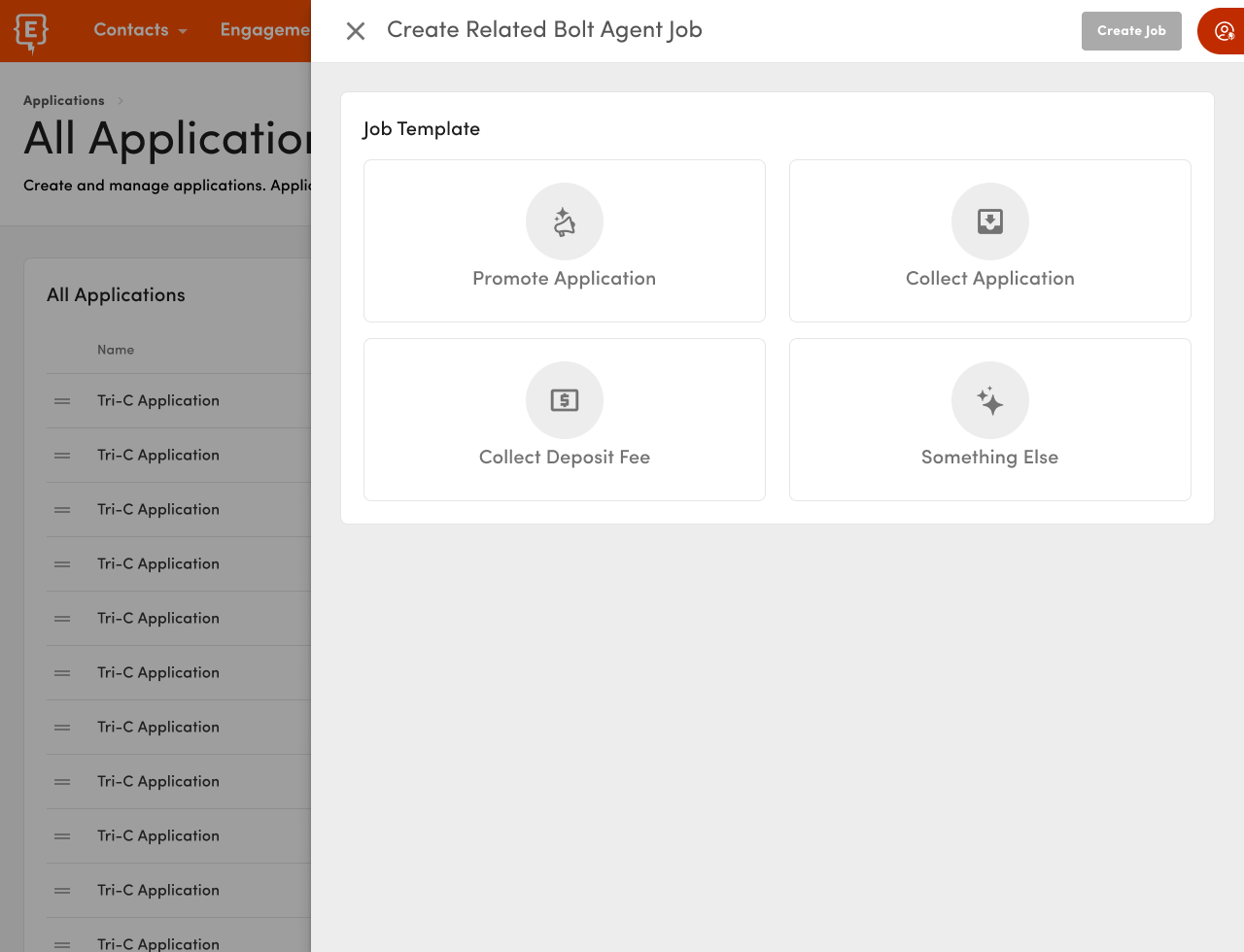How AI Is Transforming College Admissions
by Brandon Hurter · Updated Nov 28, 2024

AI is transforming college admissions by automating repetitive tasks, improving decision-making, and enhancing communication with applicants. These advancements streamline processes and create a more efficient, inclusive admissions experience.
AI is reshaping industries worldwide, and education is no exception. In the realm of college admissions, AI is driving efficiency, improving decision-making, and fostering diversity. As institutions face growing volumes of applications and the need for personalized student engagement, AI tools are becoming essential for modernizing admissions processes.
From sorting applications to predicting enrollment trends, AI is helping admissions offices save time and allocate resources more effectively. It also enables data-driven strategies to improve outcomes, creating a more streamlined experience for both applicants and institutions.
What Is the Use of AI in College Admissions?
AI is revolutionizing college admissions by automating and enhancing key aspects of the process. One of its primary uses is automating repetitive tasks, such as sorting and categorizing applications. Instead of manually reviewing thousands of applications, admissions offices can use AI to quickly organize and filter materials, allowing staff to focus on more nuanced decisions.
AI also excels at analyzing large datasets to identify trends and patterns. For example, it can evaluate historical data to predict enrollment trends or assess the effectiveness of recruitment campaigns. This insight helps institutions make informed decisions about resource allocation and admissions strategies.
Additionally, AI improves communication with applicants through tools like chatbots and automated email systems. Tools, like chatbots for admissions, provide timely responses to common inquiries, guide students through the application process, and deliver personalized updates based on application status.
Key Benefits of AI in College Admissions
AI offers numerous advantages in college admissions, including:
- Enhanced application review: Streamlining the evaluation process with data-driven insights.
- Personalized student outreach: Improving engagement through tailored communication.
- Improved decision-making: Leveraging predictive analytics to guide strategies.
- Increased efficiency: Saving time by automating routine tasks.
Enhanced Application Review
AI streamlines the application review process by evaluating materials like grades, test scores, essays, and extracurricular activities. This automation improves efficiency and accuracy, ensuring that qualified candidates are identified quickly. AI also reduces human bias by focusing on objective, data-driven criteria, making evaluations fairer.
Personalized Student Outreach
AI enhances communication by tailoring interactions to individual applicants. Tools like chatbots and CRM systems deliver personalized messages based on a student’s demographics, interests, or application status. For example, AI-powered campaigns can highlight scholarships relevant to a specific applicant or programs that match their interests, boosting engagement and enrollment rates.
Improved Enrollment Predictions
AI analyzes historical data, applicant behavior, and market trends to forecast enrollment numbers. These predictions help institutions focus on yield management by identifying which applicants are most likely to accept offers. AI can also predict retention rates, enabling schools to address factors influencing a student’s decision to enroll or stay.
Streamlined Administrative Processes
AI automates time-consuming tasks like scheduling interviews, managing applicant documentation, and verifying data accuracy. Admissions AI software such as Element451 can organize applications into categories based on eligibility criteria and priority levels, providing real-time updates to applicants on their status and reducing the need for manual communication.
Enhanced Diversity and Inclusion
AI promotes diversity by addressing biases in traditional evaluation processes. Tools can analyze application data to ensure fair opportunities for underrepresented groups and evaluate non-traditional indicators of success, such as life experiences or personal achievements. By enabling holistic evaluations, AI fosters a more inclusive approach to addressing grades and bias in admissions.
Challenges and Ethical Considerations of AI in Admissions
While AI offers significant benefits, its use in college admissions poses challenges that require careful attention:
- Data Privacy Concerns: Handling large volumes of sensitive applicant data requires robust security measures to prevent breaches.
- Bias in AI Algorithms: AI systems can inherit biases present in training data, potentially perpetuating inequalities.
- Transparency Issues: Lack of clarity about how AI makes decisions can create trust issues for applicants and institutions.
- Overreliance on Technology: Excessive dependence on AI may undervalue the importance of human judgment in admissions decisions.
Tips for Managing AI in College Admissions
- Train Staff: Equip teams with the skills to use AI tools effectively and interpret insights accurately.
- Maintain Clean Data: Ensure datasets are accurate and up-to-date to improve AI performance and reduce errors.
- Adopt Ethical AI Practices: Follow established frameworks and comply with regulations to ensure fairness and transparency.
- Balance AI with Human Oversight: Use AI as a tool to support, not replace, human decision-making in the admissions process.
The Future of AI in College Admissions
Emerging trends in AI are set to further transform college admissions. Advances in machine learning will refine enrollment predictions and retention strategies, while technologies like blockchain may enable secure data sharing. Virtual reality, powered by AI, could offer immersive campus tours for prospective students, enhancing recruitment efforts. Additionally, increased regulations and ethical frameworks are likely to guide the responsible use of AI in admissions.
Conclusion
AI is transforming college admissions by streamlining processes, improving decision-making, and promoting diversity. From enhanced application reviews to personalized outreach, AI tools are creating a more efficient and inclusive admissions experience. While challenges remain, adopting ethical and transparent practices ensures these tools are used responsibly.
Frequently Asked Questions
How does AI handle international student applications?
AI evaluates international applications by analyzing diverse criteria, automating document verification, and providing real-time translation for better communication.
What role does AI play in financial aid and scholarship decisions?
AI helps match applicants with relevant scholarships and financial aid opportunities by analyzing eligibility criteria and predicting financial need.

About Element451
Boost enrollment, improve engagement, and support students with an AI-driven CRM and agent platform built for higher ed. Element451 makes personalization scalable and success repeatable.
Categories
New Blog Posts

The Definitive Guide
AI in Higher Education
Bridge the gap between the latest tech advancements and your institution's success.
Useful Links
Related Articles

Talk With Us
Element451 is an AI-driven CRM and AI agent platform for higher education. Our friendly experts are here to help you explore how Element451 can improve outcomes for your school and students.
Get a Demo








